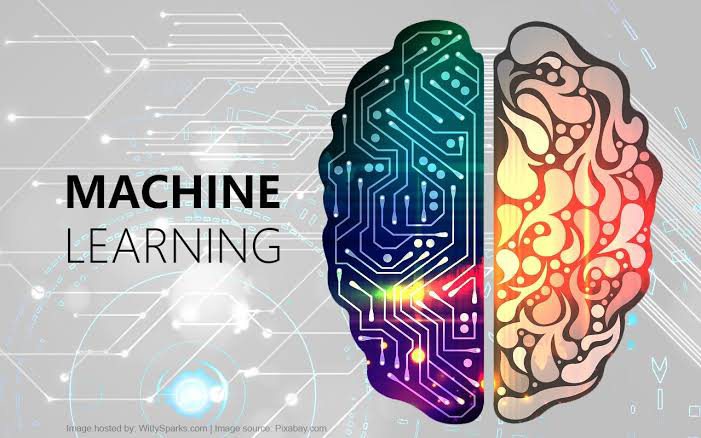1) Technology changing the engineering world
Advancements in technology are transforming the field of engineering in countless ways. With the rise of artificial intelligence and machine learning, engineers are able to design and test products more quickly and accurately than ever before. Robotics and automation are also changing the way engineers work, allowing them to automate repetitive tasks and focus on more complex design challenges. 3D printing technology is revolutionizing the manufacturing process, making it possible to create complex and customized parts with ease. And with the increasing popularity of the Internet of Things, engineers are designing products that are more connected and interactive than ever before. These are just a few examples of how technology is shaping the future of engineering.
Automation is revolutionizing the way we live and work. In the field of engineering, automation is helping engineers design and produce products more efficiently and accurately than ever before. With the help of robotics, engineers can automate repetitive tasks, freeing up time to focus on more complex design challenges. Automation is also making it possible to create products that are more precise and consistent, leading to higher quality and lower costs. In addition, automation is helping to increase safety in the workplace by reducing the need for humans to perform dangerous or hazardous tasks. As technology continues to advance, the possibilities for automation in engineering are virtually limitless.
Automation is having a significant impact on the field of engineering. With the help of robotics and other automated technologies, engineers are able to design and produce products more quickly, accurately, and cost-effectively than ever before. Automation is also making it possible to create products that are more precise and consistent, leading to higher quality and fewer defects. In addition, automation is helping to reduce the need for humans to perform dangerous or hazardous tasks, improving workplace safety. However, automation is also changing the skills that engineers need to be successful, requiring them to have a strong understanding of robotics, machine learning, and other advanced technologies. As automation continues to evolve, engineers will need to adapt to these changes in order to stay competitive in the field.
The future of engineering is exciting, with new technologies emerging all the time. One area of focus is the development of nanotechnology, which involves the manipulation of materials at the atomic and molecular level. This technology has the potential to revolutionize everything from healthcare to electronics. Another area of focus is the development of smart materials, which can change their properties in response to external stimuli. These materials have a wide range of potential applications, from self-healing materials to shape-shifting structures. Artificial intelligence and machine learning are also expected to play a major role in the future of engineering, enabling engineers to design and test products more quickly and accurately than ever before. These are just a few examples of the exciting new technologies that are on the horizon for engineering.
Artificial intelligence (AI) is a rapidly growing field that involves the development of computer systems that can perform tasks that typically require human intelligence, such as visual perception, speech recognition, decision-making, and language translation. AI is made possible by machine learning algorithms, which enable computers to learn from data and improve their performance over time. Applications of AI are wide-ranging, from self-driving cars to virtual assistants to medical diagnosis. While AI has the potential to transform many aspects of our lives, there are also concerns about the impact of AI on employment, privacy, and security. As AI continues to evolve, it will be important to ensure that it is developed and used in a responsible and ethical manner.
Machine learning is a subset of artificial intelligence that involves the development of algorithms and statistical models that enable computer systems to learn from data and improve their performance over time. Machine learning algorithms are designed to identify patterns and relationships in data, and to make predictions or decisions based on those patterns. Applications of machine learning are wide-ranging, from image and speech recognition to natural language processing to predictive analytics. Machine learning is made possible by the availability of large amounts of data and the increasing power of computing systems. As machine learning continues to evolve, it has the potential to transform many aspects of our lives, from healthcare to finance to transportation.
By- Tanishq Deshmukh
25 May 2023









No comments:
Post a Comment